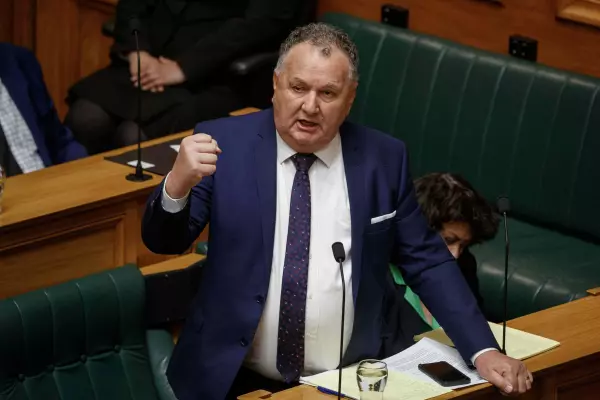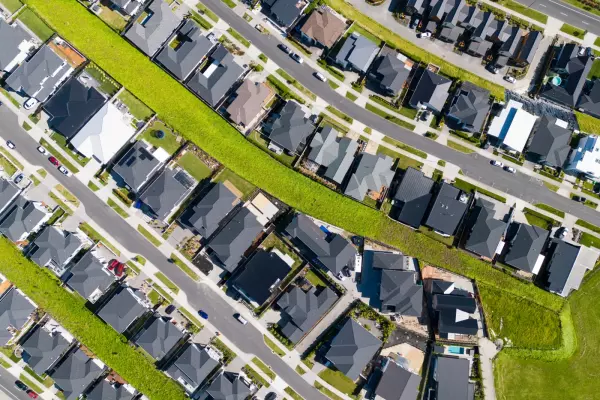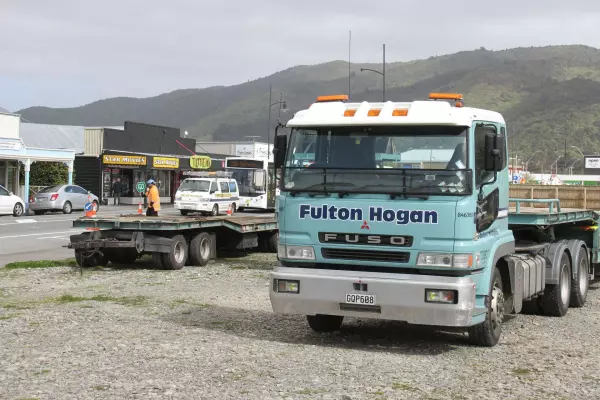New Zealand is going into a four week total lockdown from midnight Wednesday to stop "tens of thousands of people from dying," Prime Minister Jacinda Ardern
announced today.
From Alert Level 2 announced Saturday, the government is to go to Level 4 in 48 hours and spending the next two days at Level 3 to allow people to prepare.
Announcing "the greatest restrictions on New Zealanders' movements in modern history," schools will close tomorrow except to emergency service workers and will be fully closed from Wednesday. The school holidays will be brought forward.
Supermarkets, doctors, essential banking services will be available at every alert level.
"We are asking all New Zealanders outside essential services to stay at home."
Outside activities must be solitary and at a distance of two metres from all others at all times, other than activities undertaken with those they are at home with.
Bars to close
All bars, restaurants, cafes, cinemas and civic amenities, including playgrounds "must close", along with all non-essential businesses, said Ardern. Takeaway shops must close within 48 hours.
Today's increased alert level means that working from home is now immediately required and that non-essential businesses, including gyms, will have to close.
Doctors' visits can also no longer be face-to-face and all non-acute and elective surgery will be deferred. This is to allow hospitals to gear up for an influx of acute cases of the respiratory illness that has yet to claim any lives in New Zealand but has so far killed at least 14,380 of the more than 325,000 people known to have contracted it worldwide.
This follows the confirmation that two cases of the coronavirus that is ravaging health systems and economies around the globe are most likely to have occurred by community transmission, on the same day as the Ministry of Health confirmed there are now 102 notified cases of the disease in New Zealand, a jump of 36 since yesterday.
Level 4
The ministry defines Alert Level 4 as meaning: "likely that the disease is not contained."
This requires:
- people instructed to stay at home;
- educational facilities closed;
- businesses closed except for essential services (eg, supermarkets, pharmacies, clinics) and lifeline utilities (eg, electricity, water, telecommunications);
- rationing of supplies and requisitioning of facilities;
- travel severely limited;
- major reprioritisation of healthcare services.


.png)












